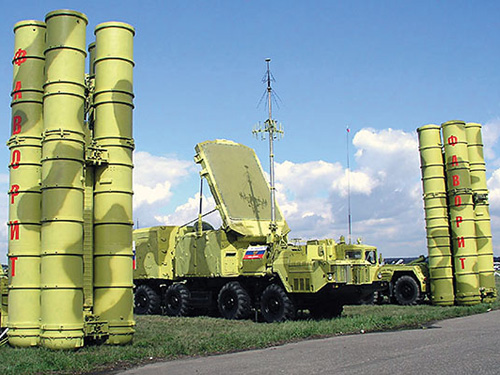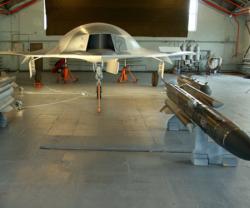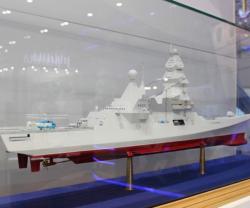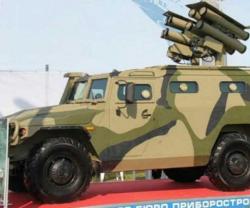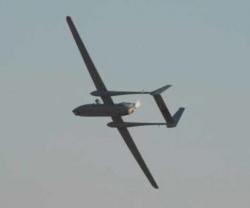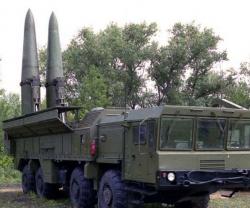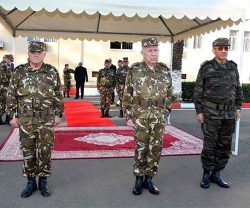Interfax quoted a senior Russian General as saying that “supplying Iran with the S300 missile system, would compensate the geopolitical mistake Russia did during the past years”.
On Monday, Russia's Presidential Spokesman Dmitry Peskov said that supplies of the Russian S-300 air defense missile systems to Iran may begin any moment in line with the relevant decree signed by the Russian President.
Russian President Vladimir Putin signed a decree on Monday to lift the ban on the delivery of S-300 air defense missile systems to Iran.
Putin’s decision on Monday to lift embargo on the deliveries of S-300 air defense missile systems came in the wake of progress achieved at the Iran nuclear talks in Switzerland 2 weeks ago paving the way for the international community to lift sanctions against the Islamic Republic.
Foreign Minister Sergei Lavrov also said on Monday that Russia’s embargo on deliveries of S-300 air defense missile systems to Iran was no longer in need due to progress in the resolution of the situation around Iran’s nuclear program.
“S-300 is an air defense missile system, which is of a purely defensive nature. It is not designed for attacks and will not put at risk the security of any regional state, of course,” Lavrov said.
“Meanwhile, for Iran, taking into account the very tense situation in the region surrounding it, modern air defense systems are very important,” he added.
Iran's Defense Minister Brigadier General Hossein Dehqan hailed the Russian President's decision to repeal the ban prohibiting the delivery of S-300 missile air defense systems to Iran, describing it as a prelude to the widening and enhancement of Tehran-Moscow relations in all fields.
In January, Tehran and Moscow signed an agreement to broaden their defensive cooperation and also resolve the problem with the delivery of Russia's S300 missile defense systems to Iran.
The agreement was signed by General Dehqan and his visiting Russian counterpart General Sergei Shoigu in a meeting in Tehran in January.
In 2007, Iran signed a contract worth $800 million to buy five Russian S300 missile defense systems. But the deal was scrapped in 2010 by the then-Russian President Dmitry Medvedev, who was unilaterally expanding on sanctions against Iran imposed by the UN Security Council.
Iran filed a $4 billion lawsuit against Russia in the international arbitration court in Geneva, which is currently pending review. Moscow has struggled to have the lawsuit dropped, including by offering the Tor anti-aircraft systems as replacement, media reported in August, adding that the offer was rejected by Tehran.
The S-300 is a series of Russian long range surface-to-air missile systems produced by NPO Almaz, all based on the initial S-300P version. The S-300 system was developed to defend against aircraft and cruise missiles for the Soviet Air Defense Forces. Subsequent variations were developed to intercept ballistic missiles.
In the meantime, Iran designed and developed its own version of the S-300 missile shield, known as Bavar (Belief) 373. The Iranian version has superior features over the original Russian model as it enjoys increased mobility and reduced launch-preparation time.
Source: FNA; Interfax

